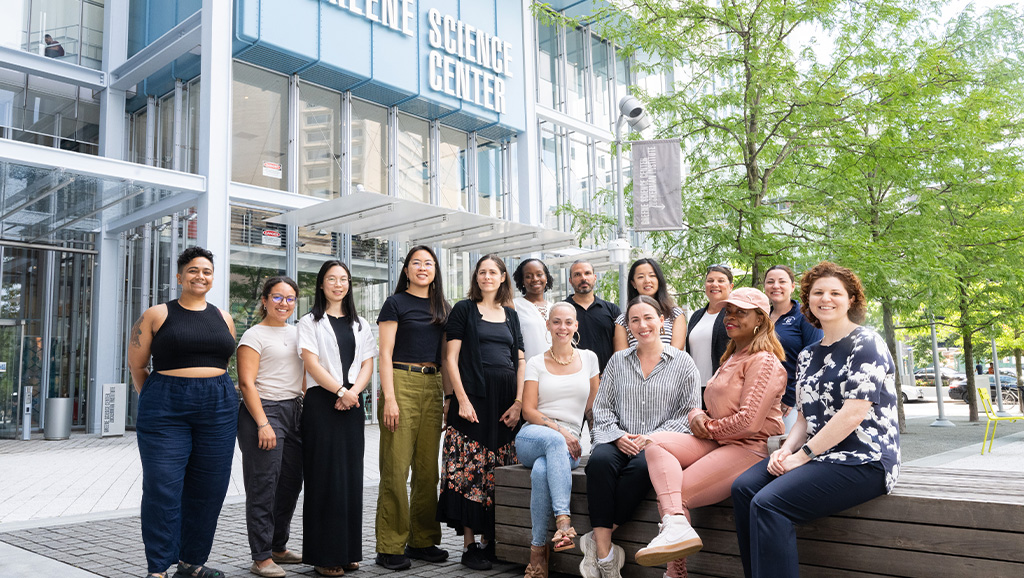Columbia University Zuckerman Institute
Grant Information
This grant supports Columbia University’s Teacher Institute for Neuroscience and Society to equip middle school teachers with tools, resources, and evidence-based lessons to facilitate discussions with their students of current events and challenging topics at the intersection of neuroscience, ethics, and society.
The main objective of Columbia’s Teacher Institute for Neuroscience and Society program is to expand the scope of neuroscience education by nurturing teachers’ and students’ curiosity and ability to engage with real-world neuroscience issues encountered in the media, news, and daily life. Middle school represents a critical stage in cognitive and emotional development, making it an ideal time to introduce neuroscience concepts and connect them to students’ everyday lives and experiences.
Over the course of 18 months, Columbia trains two cohorts of teachers to reach a great number of students from low income and minority-serving schools. The program engages teachers in the same interactive learning experiences they practice with their students—promoting critical thinking, engagement with ethical considerations, and the application of neuroscience principles in real-world contexts. The workshops are facilitated by Zuckerman Institute faculty and program staff and include discussions and interactive exercises that help guide the teachers as they develop their own neuroscience and society lesson plans and present them to their peers. These lessons and activities, as well as a list of scientist-vetted, age-appropriate neuroscience resources, are collected and transformed into a freely available online resource.
This grant supports the Dana Education objective to engage K-12 students in learning about neuroscience through structured education opportunities (formal and non-formal) that integrate relevant, real-world topics and issues to capture their interest and inspire continued study.
This grant also supports the Dana Education objective to facilitate greater understanding and informed decision-making among professionals by supporting new education approaches on neuroscience topics related to their practice.

